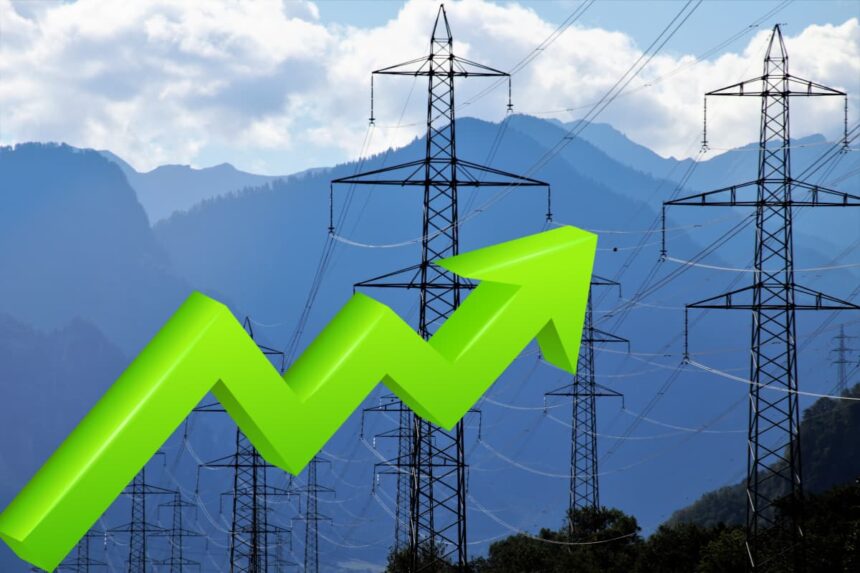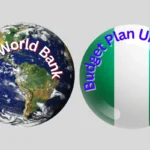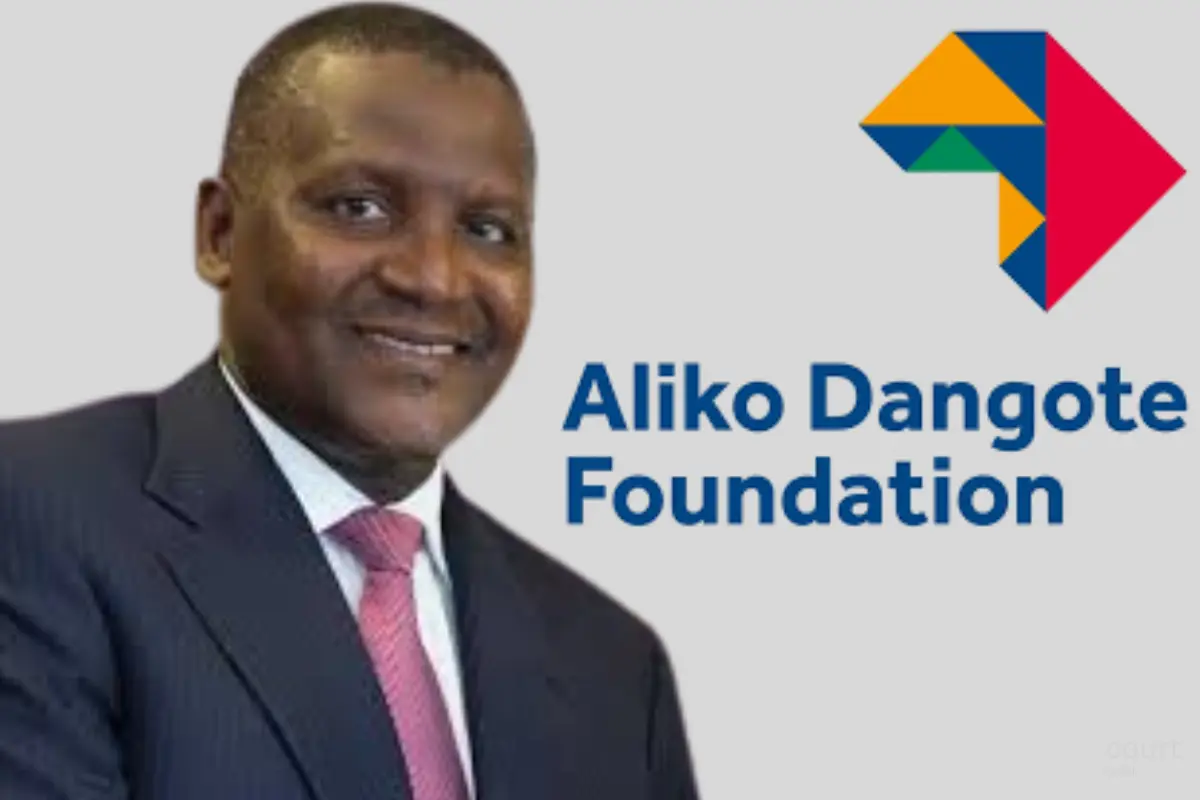Nigerians may soon face another increase in electricity tariffs, despite a recent hike that has already strained consumers. The government has disclosed ongoing plans to adjust power prices upward, a move officials argue is necessary to align tariffs with the actual cost of electricity supply.
President Bola Tinubu’s Special Adviser on Energy, Olu Verheijen, disclosed this in an interview with Bloomberg during a World Bank-backed conference in Dar es Salaam, Tanzania. The conference focused on Nigeria’s $32 billion initiative to expand electricity access by 2030.
According to Verheijen, Nigeria’s electricity prices must rise by approximately two-thirds for many consumers to align with the actual cost of power supply. She argued that increasing tariffs is necessary to sustain maintenance, improve reliability, and attract private sector investment in electricity generation and distribution. However, she noted that government subsidies would be needed to cushion the impact on low-income households.
“One of the key challenges we’re looking to resolve over the next few months is transitioning to a cost-efficient but cost-reflective tariff,” Verheijen stated, emphasizing the need for a pricing structure that generates enough revenue to attract private investment while ensuring affordability for the vulnerable population.
Her remarks come not long after Nigerians were subjected to a previous electricity tariff hike, which sparked public outcry over the rising cost of living. With the economy already under pressure from inflation and fuel subsidy removal, another increase in power tariffs is likely to exacerbate economic hardships for millions of citizens.
Despite concerns, the government remains committed to its long-term economic ambitions. Verheijen highlighted Nigeria’s target to become a “$1 trillion economy in five years” and transition into an upper-middle-income country within 25 years.
As discussions on the new tariff structure continue, many Nigerians remain deeply concerned about the financial burden that another increase could impose on households and businesses. With inflation already eroding purchasing power and the cost of essential goods and services rising, higher electricity tariffs could further strain struggling families and small enterprises. Many fear that the added expenses will not only increase the cost of living but also hinder economic productivity, particularly for businesses that rely heavily on stable and affordable electricity. Amid these concerns, stakeholders, including consumer advocacy groups and industry experts, continue to call for a balanced approach that ensures financial sustainability for power providers while protecting vulnerable citizens from excessive economic hardship.


















